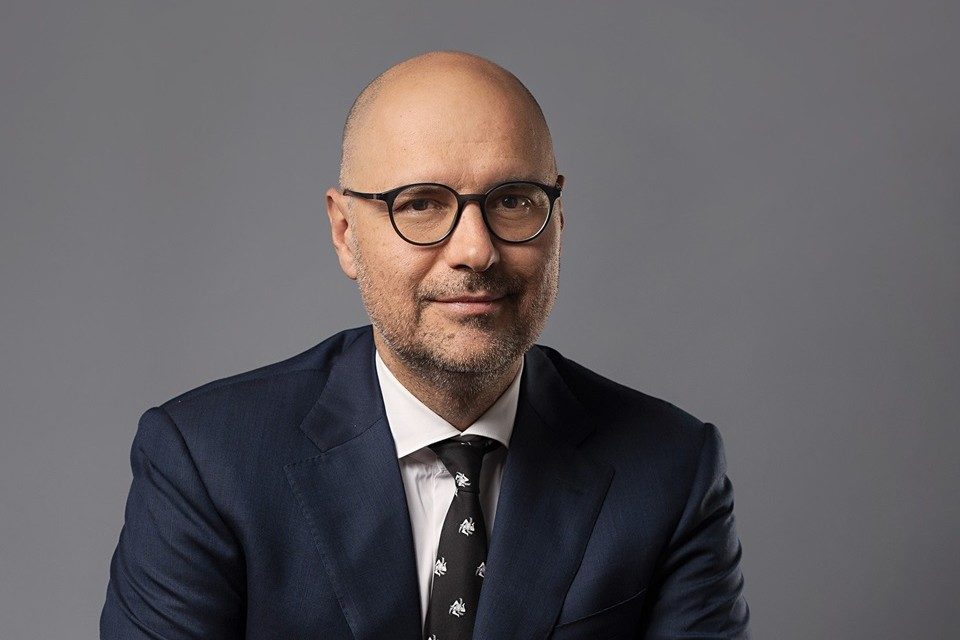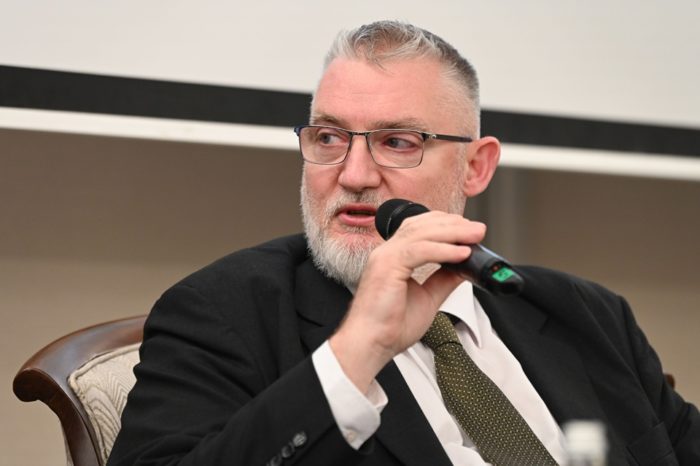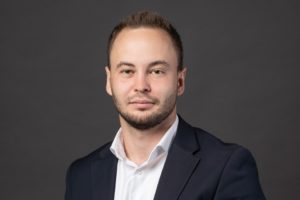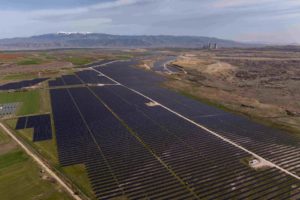PwC: 77% of CEOs in Romania expect that AI will be systematically integrated into business processes over the next three years

When it comes to the outlook for national economies, Romanian executives are split between those who expect local economic growth to accelerate and those who expect it to stagnate or decline. Optimism is more pronounced at the global and regional levels.
However, despite the numerous threats to business development, the leaders of organisations in Romania remain optimistic about the positive development of the companies they manage over the next one to three years, as well as about the increase in the number of employees over the next 12 months.
For example, CEOs in Romania consider their organisations to be particularly vulnerable to geopolitical conflicts and the lack of qualified human resources. Macroeconomic volatility and inflation complete the list of perceived key risks.
- 51% expect national economic growth to accelerate over the next year.
- 42% are very or extremely confident in their company’s revenue growth prospects over the next 12 months.
- 30% believe their organisation is extremely or very exposed to geopolitical conflict in the next 12 months.
- 36% believe that their organisations will not be economically viable for more than ten years if they continue to operate in their current direction.
- 77% expect that AI will be systematically integrated into business processes and operations to a moderate, high or very high extent over the next three years.
- 53% agree that regulatory complexity has moderately, significantly or very significantly hindered their company’s ability to make green investments in the past 12 months.
”In our opinion, it is necessary for all business leaders in Romania to become aware as soon as possible of the role of megatrends in society and the force with which they act, in a long-term and interconnected manner, to reshape industries and the competitive environment. Leaders must then focus their efforts on establishing a high-quality strategic decision-making process that sets a clear set of reinvention priorities, reallocates resources and explores ways to stimulate innovation to create a product portfolio that meets new customer needs.” Daniel Anghel, Country Managing Partner PwC Romania.
Although global and Romanian CEOs’ optimism about the long-term viability of their organisations is higher than last year, but below the level recorded in 2023, they continue to recognise the need to reinvent their business models.
The pace of reinvention is slow because not all organisations are motivated enough. In addition, there are many barriers to reinvention, including the quality of decision-making, the low level of dynamic reallocation of resources between business units from one year to the next, and the discrepancy between the relatively short tenure of CEOs and the strong long-term forces at work. Identifying strategic actions that will enable organisations to thrive in the face of rapidly changing business environments remains essential to organisational success.














